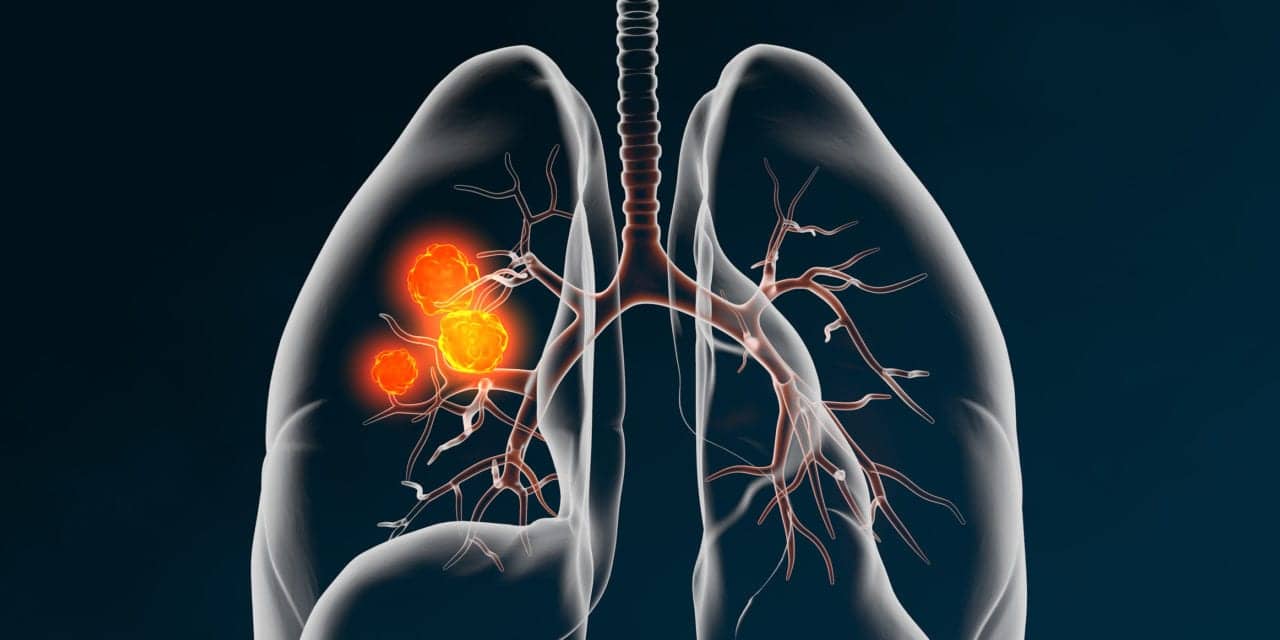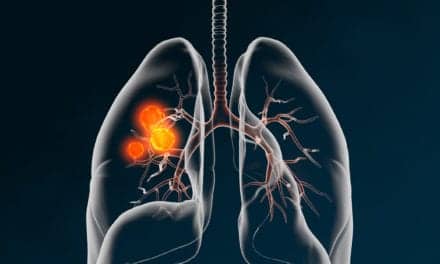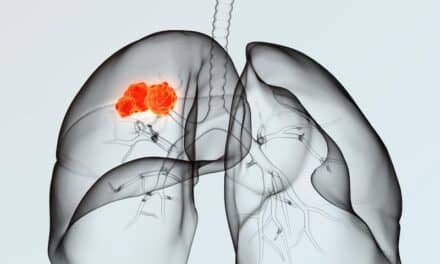Nucleix, a liquid biopsy company aiming to improve cancer treatment by detecting the disease earlier, announced data from a pilot study demonstrating the potential of a simple PCR assay based on EpiCheck technology to accurately differentiate between small cell lung cancer (SCLC) subtypes.
Nucleix’s Assay at the American Association for Cancer Research Meeting
The 13-marker PCR assay developed for this pilot study stemmed from data from a recent study published in Cancer Cell demonstrating the detection of SCLC using DNA methylation in plasma samples from heavy smokers, yielding a sensitivity of 94% and specificity of 95%.
The company is presenting the data in a poster presentation at the American Association for Cancer Research (AACR) Annual Meeting 2024 in San Diego, April 5-10, 2024.
Nucleix Collaboration with the University of Texas
Based on the strength of these results, Nucleix collaborated with The University of Texas MD Anderson Cancer Center to develop novel biomarkers for the classification of SCLC into subtypes to reduce time between diagnosis and tailored treatment interventions. In the data being presented at AACR, the 13-marker PCR assay correctly classified 97% of the SCLC tissue samples in a blinded cohort.
“For decades, SCLC was considered a single, monolithic entity resulting in our current clinical protocols being based on disease stage, with no consideration of biomarkers that have predictive or prognostic significance, leading to expectedly poor outcomes,” says Mathias Ehrich, MD, chief scientific officer. “These data show that we can potentially reduce the time between patient diagnosis and initiation of tailored treatment or inclusion in clinical studies from a month, in best-case scenarios, to just a few days, by using our PCR EpiCheck-based assay for the classification of SCLC subtypes.”
Further reading: Study Demonstrates Clinical Validity of OncoHost’s NSCLC Test





